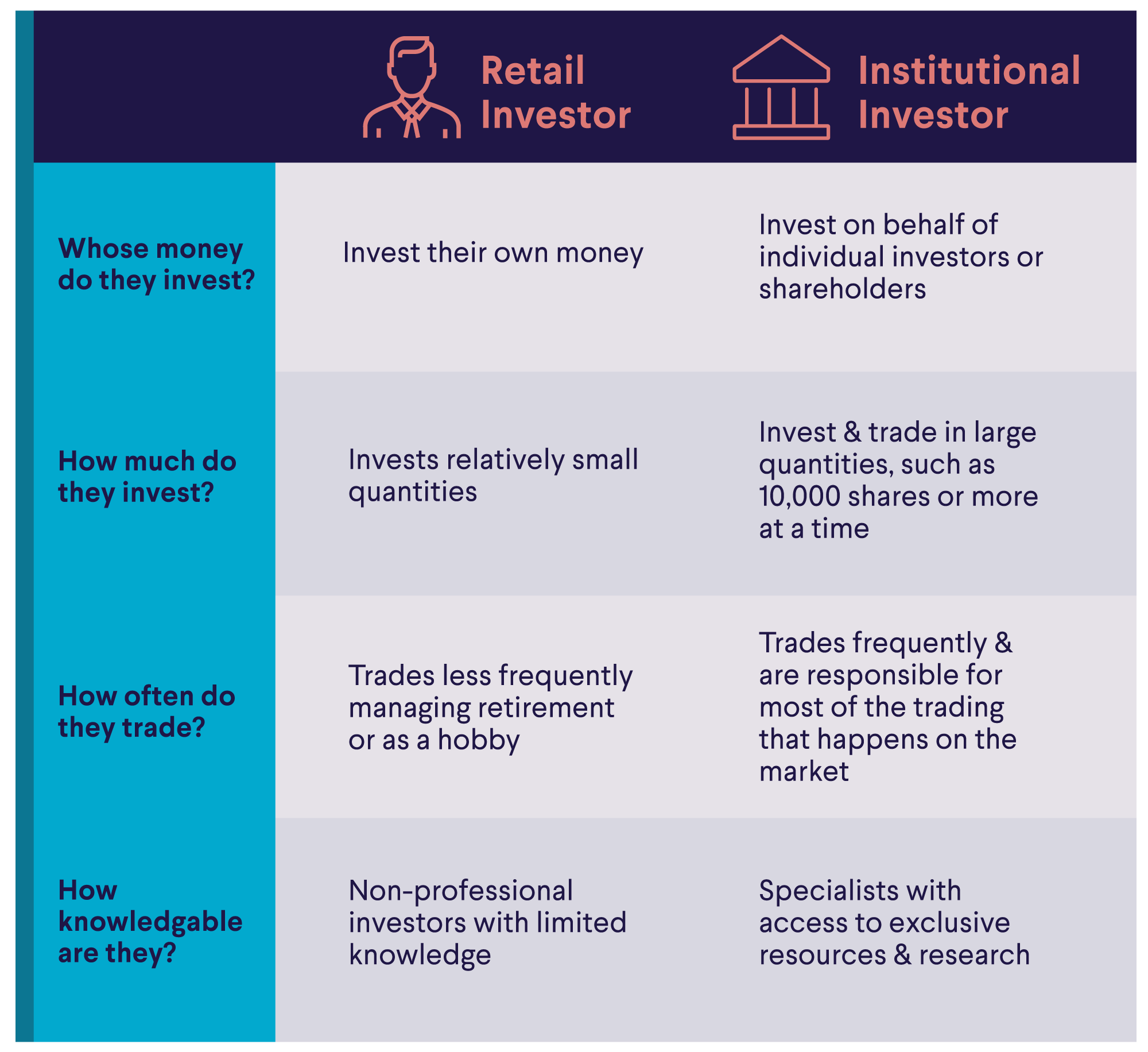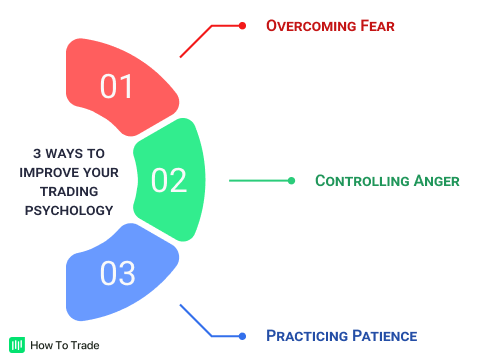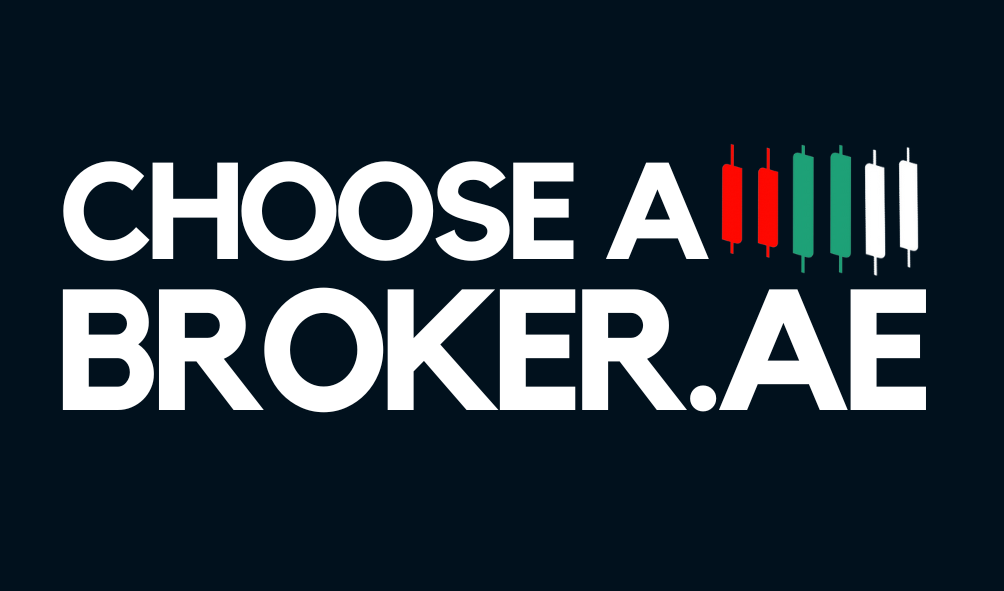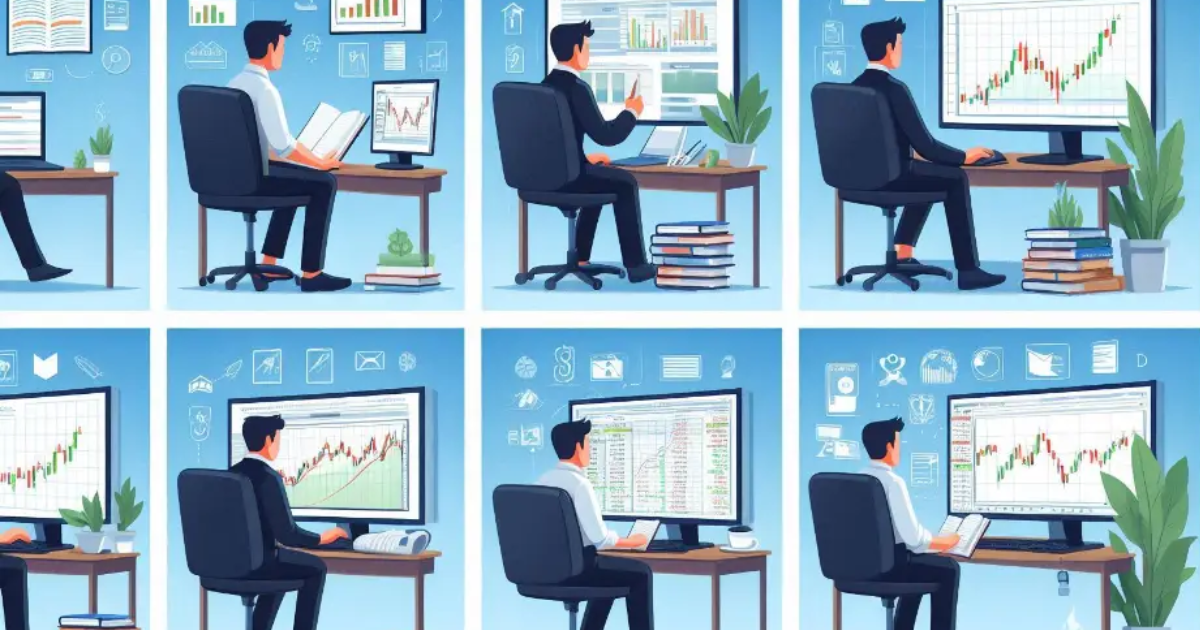By Sam Reid
In today’s digital-first world, and one where financial independence is more desirable than ever, the dream of working from anywhere and on your own terms has become increasingly attainable.
One path that interests many aspiring professionals and financial enthusiasts alike is forex trading. But can this high-stakes venture actually be a full-time career?
Yes is the short answer. Forex trading can absolutely be a profitable career path. Many retailed-turned full-time traders have proved that.
But like any career worth pursuing, you have to be dedicated, disciplined, and get a deep understanding of the market. Let’s explore what it really means to build a career in the forex market—and whether it might be for you.
One path that interests many aspiring professionals and financial enthusiasts alike is forex trading. But can this high-stakes venture actually be a full-time career?
Yes is the short answer. Forex trading can absolutely be a profitable career path. Many retailed-turned full-time traders have proved that.
But like any career worth pursuing, you have to be dedicated, disciplined, and get a deep understanding of the market. Let’s explore what it really means to build a career in the forex market—and whether it might be for you.
The Emotional Appeal of a Forex Career
Few career paths offer the sense of independence and thrill that forex trading does.
No bosses, no co-workers, no clock-in or clock-out time.
The forex market is open 24 hours a day, five days a week, which means you're no longer bound by the traditional 9-to-5 schedule. This flexibility is especially appealing to those craving a work-life balance—or even just a break from office culture.
You also have the emotional satisfaction that comes from mastering a complex system. Unlike many careers where you’re tied to promotions or hierarchy, forex rewards knowledge, strategy, and nerve.
For many, trading becomes more than a job. It becomes a personal challenge and a lifestyle that aligns strongly with the values of autonomy and control.
No bosses, no co-workers, no clock-in or clock-out time.
The forex market is open 24 hours a day, five days a week, which means you're no longer bound by the traditional 9-to-5 schedule. This flexibility is especially appealing to those craving a work-life balance—or even just a break from office culture.
You also have the emotional satisfaction that comes from mastering a complex system. Unlike many careers where you’re tied to promotions or hierarchy, forex rewards knowledge, strategy, and nerve.
For many, trading becomes more than a job. It becomes a personal challenge and a lifestyle that aligns strongly with the values of autonomy and control.
Practical Advantages of Choosing Forex
The practical benefits of a forex trading career are equally compelling. For starters, the low barrier to entry means almost anyone with a laptop and internet connection can get started.
With demo accounts offered by brokers like AvaTrade, you can practice with virtual money before ever risking a dollar.
With demo accounts offered by brokers like AvaTrade, you can practice with virtual money before ever risking a dollar.
Moreover, the forex market has high liquidity, which means your trades are executed swiftly and efficiently (with the right broker).
Another major benefit is the sheer variety of currency pairs and trading strategies. Whether you prefer short-term scalping or long-term macroeconomic plays, forex offers a playground of opportunities for every type of trader.
It just depends on what works for you.
Another major benefit is the sheer variety of currency pairs and trading strategies. Whether you prefer short-term scalping or long-term macroeconomic plays, forex offers a playground of opportunities for every type of trader.
It just depends on what works for you.
The Real Challenges Behind the Charts
You might think forex trading is easy. But in actual fact, the best way to describe trading is that it's the hardest way to make easy money.
It’s simple to set your trades up and see your account balance rise, but doing it on a consistent basis to the point where you can be financially free is something else.
High volatility, which can amplify profits, also makes losses sharper and more frequent. This isn't just theory—traders can be victim to rapid swings that can wipe out accounts in minutes if their risk management isn’t on point.
Additionally, market transparency can pop up as an issue. Retail traders often operate with less information than institutional players and rely on brokers who may not always provide the best quotes.
Trading tools and live news updates online have certainly helped level the playing field somewhat, but as a retail trader, you’re still nowhere near the level of information institutional traders have.
It’s simple to set your trades up and see your account balance rise, but doing it on a consistent basis to the point where you can be financially free is something else.
High volatility, which can amplify profits, also makes losses sharper and more frequent. This isn't just theory—traders can be victim to rapid swings that can wipe out accounts in minutes if their risk management isn’t on point.
Additionally, market transparency can pop up as an issue. Retail traders often operate with less information than institutional players and rely on brokers who may not always provide the best quotes.
Trading tools and live news updates online have certainly helped level the playing field somewhat, but as a retail trader, you’re still nowhere near the level of information institutional traders have.

And unlike traditional investing, there are no portfolio managers or financial advisors to fall back on. In simple terms, that means you’re the strategist, the risk manager, and the analyst all rolled into one.
The learning curve can also be steep. Success in forex requires a deep understanding of not only technical analysis (like candlestick patterns or Fibonacci levels), but also global economics, interest rates, and geopolitical events.
The complexity is real, and according to the most recent stats, as high as 90% of forex traders lose money, showing just how difficult being consistently profitable can be.
Skills Every Forex Career Demands
Market Analysis
Becoming a successful forex trader means mastering a unique blend of hard and soft skills. First and foremost is analytical prowess. You'll need to think critically and act decisively each time you trade. Strong math and statistical skills are also a plus.
Emotional Control
However, technical knowledge alone isn’t enough. Emotional control is the most important trait in our view. The ability to remain calm in the face of losses, avoid revenge trading, and stick to a plan separates professionals from amateurs. Add to that a commitment to continuous learning—through webinars, books, simulations, and even forums—and you’re on track to a winning formula.
Becoming a successful forex trader means mastering a unique blend of hard and soft skills. First and foremost is analytical prowess. You'll need to think critically and act decisively each time you trade. Strong math and statistical skills are also a plus.
Emotional Control
However, technical knowledge alone isn’t enough. Emotional control is the most important trait in our view. The ability to remain calm in the face of losses, avoid revenge trading, and stick to a plan separates professionals from amateurs. Add to that a commitment to continuous learning—through webinars, books, simulations, and even forums—and you’re on track to a winning formula.

Risk Management
Equally vital is the discipline to manage risk properly and effectively. This means using smart stop-losses, limiting position sizes, avoiding correlated trades, and never risking money you can’t afford to lose. Patience and perseverance are non-negotiables in this game.
Career Pathways Within Forex
When people think of forex trading, they often imagine the lone wolf, self-employed trader. While this path does exist—and offers unmatched freedom—it’s not the only one.
Many traders find success working for proprietary trading firms, where they trade company capital in exchange for a salary and performance bonuses. This provides access to professional tools and mentorship without the pressure of risking personal funds.
Others gravitate toward roles such as account managers, where they handle portfolios for clients and earn fees or a percentage of profits.
Analytical minds may thrive as currency strategists or forex analysts, providing research and insights to institutions or media outlets. And those with a passion for teaching often become trading educators or coaches, sharing their knowledge through courses, YouTube channels, or one-on-one sessions.
Many traders find success working for proprietary trading firms, where they trade company capital in exchange for a salary and performance bonuses. This provides access to professional tools and mentorship without the pressure of risking personal funds.
Others gravitate toward roles such as account managers, where they handle portfolios for clients and earn fees or a percentage of profits.
Analytical minds may thrive as currency strategists or forex analysts, providing research and insights to institutions or media outlets. And those with a passion for teaching often become trading educators or coaches, sharing their knowledge through courses, YouTube channels, or one-on-one sessions.
How to Get Started the Right Way
If you’re considering forex as a career, please don’t skip the basics.
1. Learn the forex basics
Start by learning the foundations of how the forex market works, what affects currency prices, and the various trading styles available. AvaTrade and other top UAE brokers offer extensive educational materials, from articles to webinars, to help you get started.
1. Learn the forex basics
Start by learning the foundations of how the forex market works, what affects currency prices, and the various trading styles available. AvaTrade and other top UAE brokers offer extensive educational materials, from articles to webinars, to help you get started.



Forex trading is most certainly not for everyone. It’s high-risk, high-reward. It demands mental toughness, strategic thinking, and relentless self-improvement. But for those who thrive in fast-paced environments and are passionate about the financial markets, it offers a career like no other.
Whether you’re looking to trade independently, join a prop firm, or explore analytical roles within the industry, the forex market holds vast potential for those willing to master it.
So, can forex trading be a career? If you’re ready to treat it like one—then yes, it absolutely can.
Whether you’re looking to trade independently, join a prop firm, or explore analytical roles within the industry, the forex market holds vast potential for those willing to master it.
So, can forex trading be a career? If you’re ready to treat it like one—then yes, it absolutely can.
Disclaimer: Remember that forex and CFD trading involves high risk. Always do your own research and never invest what you cannot afford to lose.



